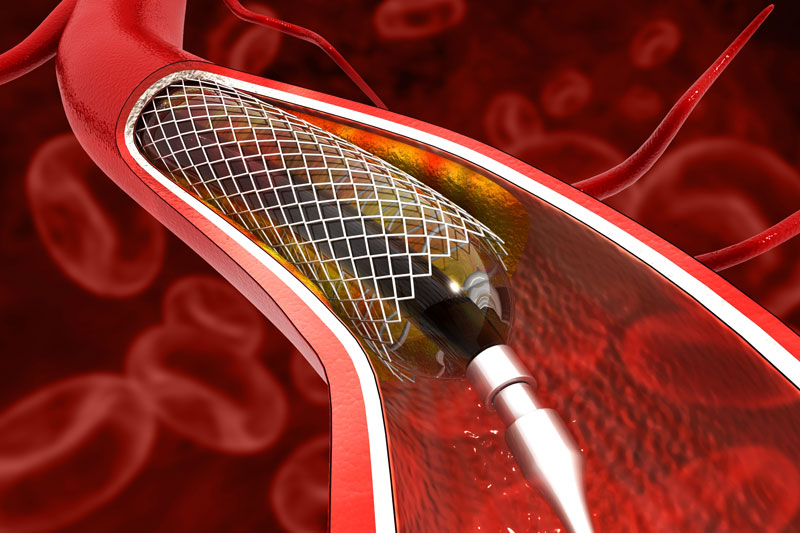What Is Cardiac Ablation?
Cardiac ablation is a procedure to treat abnormal heartbeats called arrhythmias. It is also used in a rare, but life-threatening condition called spontaneous coronary artery dissection. It is usually performed as a minimally-invasive procedure using a catheter, although it can also be performed as a surgery in patients who are not suitable candidates for catheter ablation.
What Does It Treat?
Cardiac ablation can treat a number of irregular heartbeat conditions, including atrial fibrillation, atrial flutter, supraventricular tachycardia, and ventricular tachycardia. Abnormalities occur when the heart has an irregular pattern or when electrical signals within the heart aren’t working properly.
It is also used to treat spontaneous coronary artery dissection, which is when a tear occurs in the wall of a coronary artery. This is an emergency condition that can result in sudden death if it is not treated immediately. It most often affects women ages 40 – 60, although it can also happen to men.
How Cardiac Ablation Works
In a cardiac ablation procedure, a thin tube called a catheter is inserted into a blood vessel to access the heart. More than one catheter may be needed. A contrast dye is released through the tube to allow a better view of the blood vessels. Sensors placed at the end of the catheter record the heart’s activity. This information tells the doctor what area of the heart needs to be treated.
Then, small scars are created in the heart tissue to block the malfunctioning heart signals. Radiofrequency energy (heat) or cryoablation (cold) are the most common methods used to create these scars, however a new nonthermal method called pulsed field ablation is a new option becoming more available. Approved late last year in the United States, pulsed field ablation delivers high voltage electrical fields. It is expected to lower risks and procedure time.
Cardiac ablation may be the first treatment used for some arrhythmias or it might be employed only when medications do not work.
Risks
The potential risks of a cardiac ablation include:
- Blood clots
- Damage to blood vessels or heart valves
- Development of a new arrhythmia
- Heart attack or stroke
- Infection or bleeding at the catheter insertion site
- Kidney damage from the contrast dye
- Pulmonary vein stenosis
- Slowed heart rate
What To Expect
Before a cardiac ablation, you may need to fast. Your doctor will provide instructions about eating, drinking, and taking any medication prior to the procedure.
You will usually be sedated via IV before the procedure. In some cases, patients may need general anesthesia. The procedure should be painless, so tell your doctor if you experience discomfort during the ablation. You should also let them know if you experience any shortness of breath or trouble breathing.
The procedure can take several hours. You will be monitored in recovery following the ablation. Usually, patients can return home after a few hours, but some may be required to stay overnight.
Most people recover easily and can return to their regular activities within several days. Some patients experience soreness following an ablation, but it should resolve within a week.
Results
Success rates for treating abnormal heartbeats with cardiac ablation are very good, but there is a chance that the arrhythmia may return. Your doctor will advise you on the best treatment for your particular condition should this occur.
The team at Advanced Cardiovascular Specialists consists of North Louisiana’s leading experts in cardiovascular care. For more information or to schedule an appointment, please call our office at (318) 798-9400.

